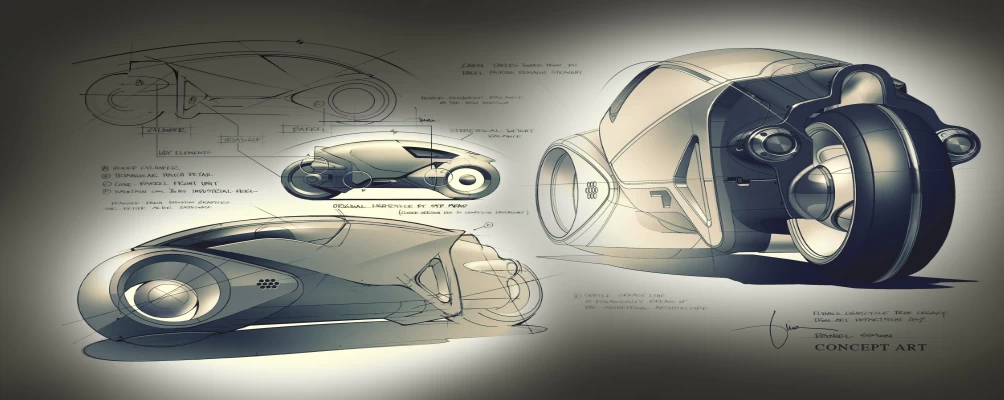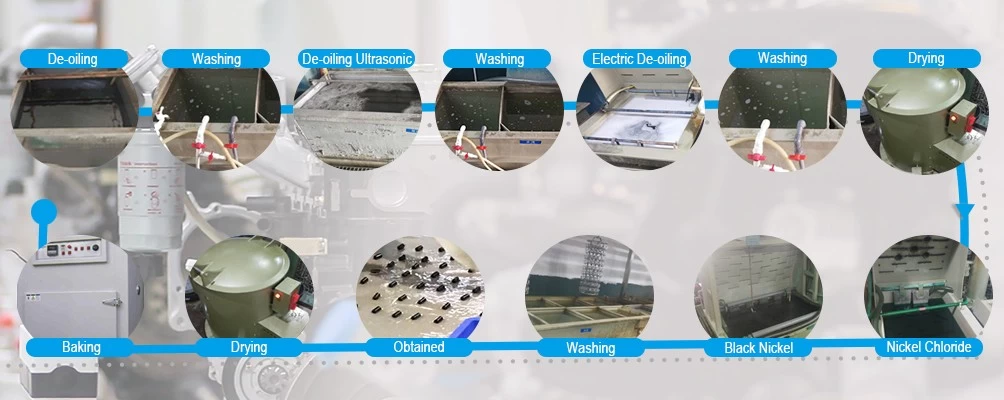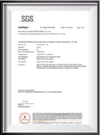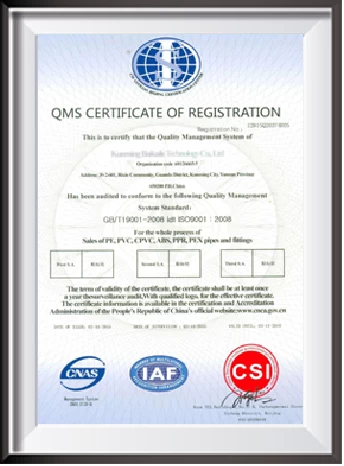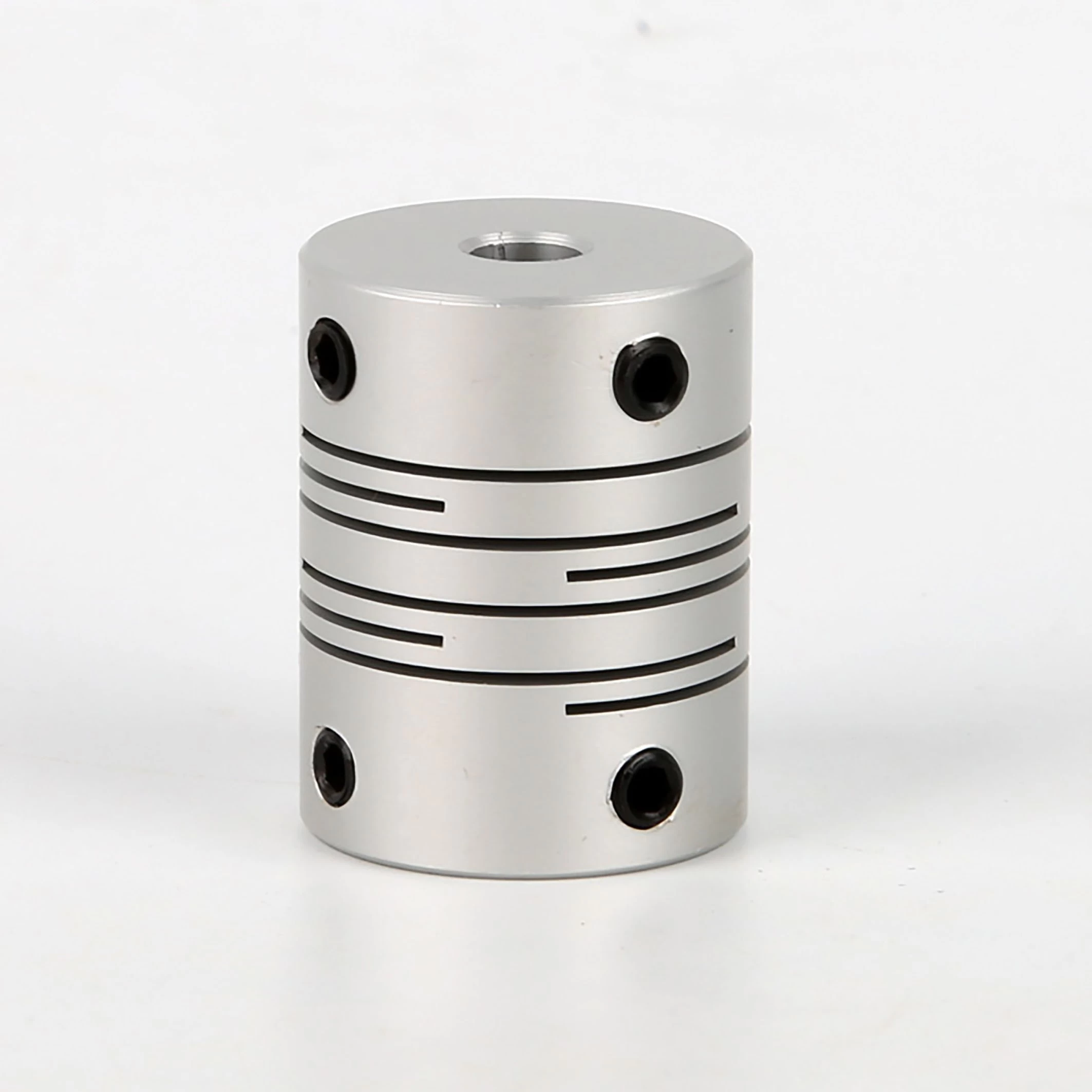Beijing cannot control babies or banks
naky
www.diecastingpartsupplier.com
2015-11-17 16:11:24
China’s Communist party has made two recent, highly symbolic policy changes. Both signal a retreat from important areas of people’s lives: their bedrooms and their bank accounts. It was the first, the end of the one-child policy, that stole all the headlines. But it is the second, the seemingly obscure removal of a cap on bank deposit rates, that could plausibly auger more significant change.
The scrapping of the one-child policy after three brutal decades is indeed an important milestone. The policy, introduced in 1979, was the most graphic illustration of the Communist party’s instinct to control. It was also the most hated. The millions of state officials charged with enforcing it — through fines, sterilisations and even forced abortions — are among the most despised. As recently as 2012, online photographs posted by the relatives of a woman made to abort a seven-month-old foetus provoked outrage. The effects on society have been equally grotesque. Because of a preference for boys, sex-selective abortions have resulted in one of the world’s most skewed sex ratios. At its worst, in 2008, there were 120 boys born in China for every 100 girls.
From a human rights standpoint, then, ending the policy is unmistakably good. But as a practical measure it may have limited effect. It is not even clear how dramatic an impact it had in the first place. The biggest drop in China’s fertility rate (births per woman) occurred in the decade before the policy was introduced. From 1970 to 1979, it halved from 5.8 to 2.8. Since then, it has fallen to well below the 2.1 needed to keep a population stable. That may owe more to growing affluence and urbanisation than to the policy itself.
The years when it could achieve easy growth by shifting people from farm to assembly line are over. If China is to reach its goal of becoming a wealthy country, it will need to innovate. It should also aim to get there by 2030. After that the demographic headwinds will be intense.
What then of the other change? The lifting of the cap on deposit rates is the latest step in deregulating domestic interest rates. For many years, deposit rates have been kept artificially low. This allowed the state to recycle high household savings into favoured industries via artificially low lending rates. In China, such “financial suppression” found a parallel in the one-child policy. In both, the interests of the individual were sacrificed to those of the state.

